What is overdiagnosis and is it actually happening?
Leading expert says an overcorrection in diagnosing conditions such as ADHD and autism is leading to other problems
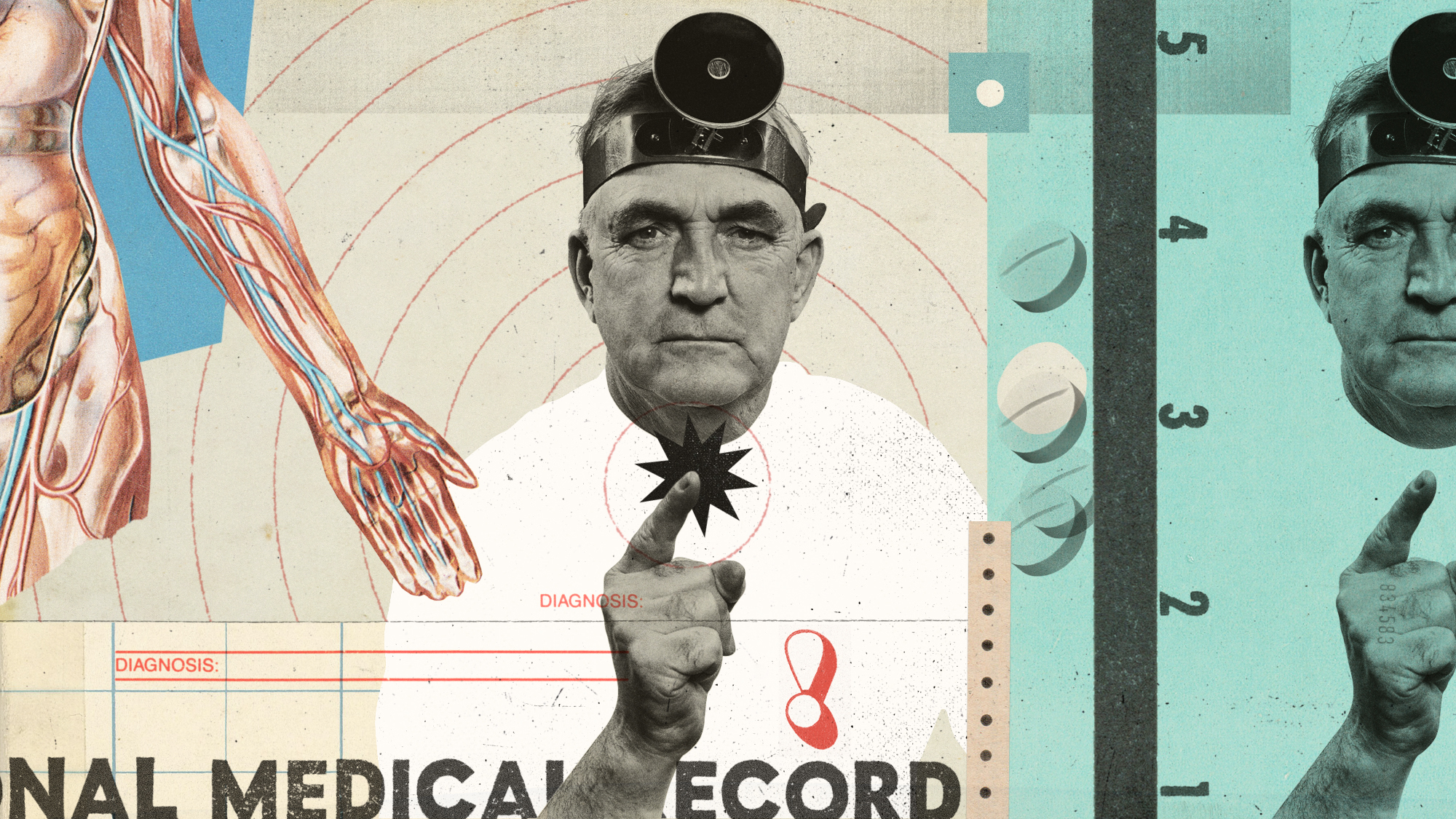
A free daily email with the biggest news stories of the day – and the best features from TheWeek.com
You are now subscribed
Your newsletter sign-up was successful
Modern healthcare is drastically overdiagnosing people, says a leading neurologist, and this might be doing more harm than good.
In a book described as a "searing critique" by The Sunday Times, Suzanne O'Sullivan says that overdiagnosis – the diagnosis of a condition that would not have caused symptoms or issues – is not helping people and could be making us sicker.
What is happening?
In "The Age of Diagnosis", O'Sullivan backs up her claim with some eye-catching facts. ADHD diagnoses doubled for boys and trebled for girls between 2000 and 2018. Between 1998 and 2018, autism diagnoses soared by 787% in the UK. Lyme disease has an estimated 85% rate of overdiagnosis, including in countries where it’s impossible to contract the disease.
The Week
Escape your echo chamber. Get the facts behind the news, plus analysis from multiple perspectives.

Sign up for The Week's Free Newsletters
From our morning news briefing to a weekly Good News Newsletter, get the best of The Week delivered directly to your inbox.
From our morning news briefing to a weekly Good News Newsletter, get the best of The Week delivered directly to your inbox.
When "The Diagnostic and Statistical Manual of Mental Disorders", an encyclopaedia of psychiatric and psychological conditions, was first published in 1952, it listed 106 diagnoses across 132 pages, said The New Statesman. But the 2013 edition contains nearly 300 diagnoses across 947 pages, which a psychiatrist described as "thick enough to stop a bullet".
Why is it happening?
O'Sullivan believes that many dubious diagnoses come from patients pushing doctors for a label and doctors wanting to keep them happy. "It's a collusion between people desperate for answers and people desperate to provide answers and to satisfy people."
She admits that we're "correcting a mistake which definitely needed to be corrected", because in the 1980s "there must have been people with special educational needs that were never acknowledged". But we have now "meandered into overdiagnosis", which can be "just as harmful – or more so".
Is it a problem?
Fears of overdiagnosis of ADHD are "unfounded" and a "moral panic", said Women's Health. There is "less stigma" and "more awareness" about how the condition shows up in "traditionally under diagnosed groups such as women and people of colour". This means some "communities" are "getting to grips" with the idea they may have ADHD.
A free daily email with the biggest news stories of the day – and the best features from TheWeek.com
A greater understanding of autism is "something to be celebrated", said Dr Conor Davidson in a blog for the Royal College of Psychiatrists, because most people diagnosed with autism report "positive benefits" in terms of "self-acceptance, self-understanding" and greater connection to help.
But while the "increased representation" of ADHD and autism in the media and among celebrities is "invaluable" by making neurodiverse people "feel seen", some psychiatrists argue that it may be contributing to ADHD and autism being the diagnoses "du jour", said London's The Standard.
Professor Simon Wessely, the former president of the Royal College of Psychiatrists, has argued that the increase in ADHD diagnoses is unlikely to be "simply due to better recognition or help-seeking".
There is "no clear consensus" on whether ADHD is overdiagnosed or not, said Healthline, but "misdiagnoses" of the condition "do occur among children, teens and adults".
Chas Newkey-Burden has been part of The Week Digital team for more than a decade and a journalist for 25 years, starting out on the irreverent football weekly 90 Minutes, before moving to lifestyle magazines Loaded and Attitude. He was a columnist for The Big Issue and landed a world exclusive with David Beckham that became the weekly magazine’s bestselling issue. He now writes regularly for The Guardian, The Telegraph, The Independent, Metro, FourFourTwo and the i new site. He is also the author of a number of non-fiction books.
-
 Political cartoons for February 15
Political cartoons for February 15Cartoons Sunday's political cartoons include political ventriloquism, Europe in the middle, and more
-
 The broken water companies failing England and Wales
The broken water companies failing England and WalesExplainer With rising bills, deteriorating river health and a lack of investment, regulators face an uphill battle to stabilise the industry
-
 A thrilling foodie city in northern Japan
A thrilling foodie city in northern JapanThe Week Recommends The food scene here is ‘unspoilt’ and ‘fun’
-
 ‘Longevity fixation syndrome’: the allure of eternal youth
‘Longevity fixation syndrome’: the allure of eternal youthIn The Spotlight Obsession with beating biological clock identified as damaging new addiction
-
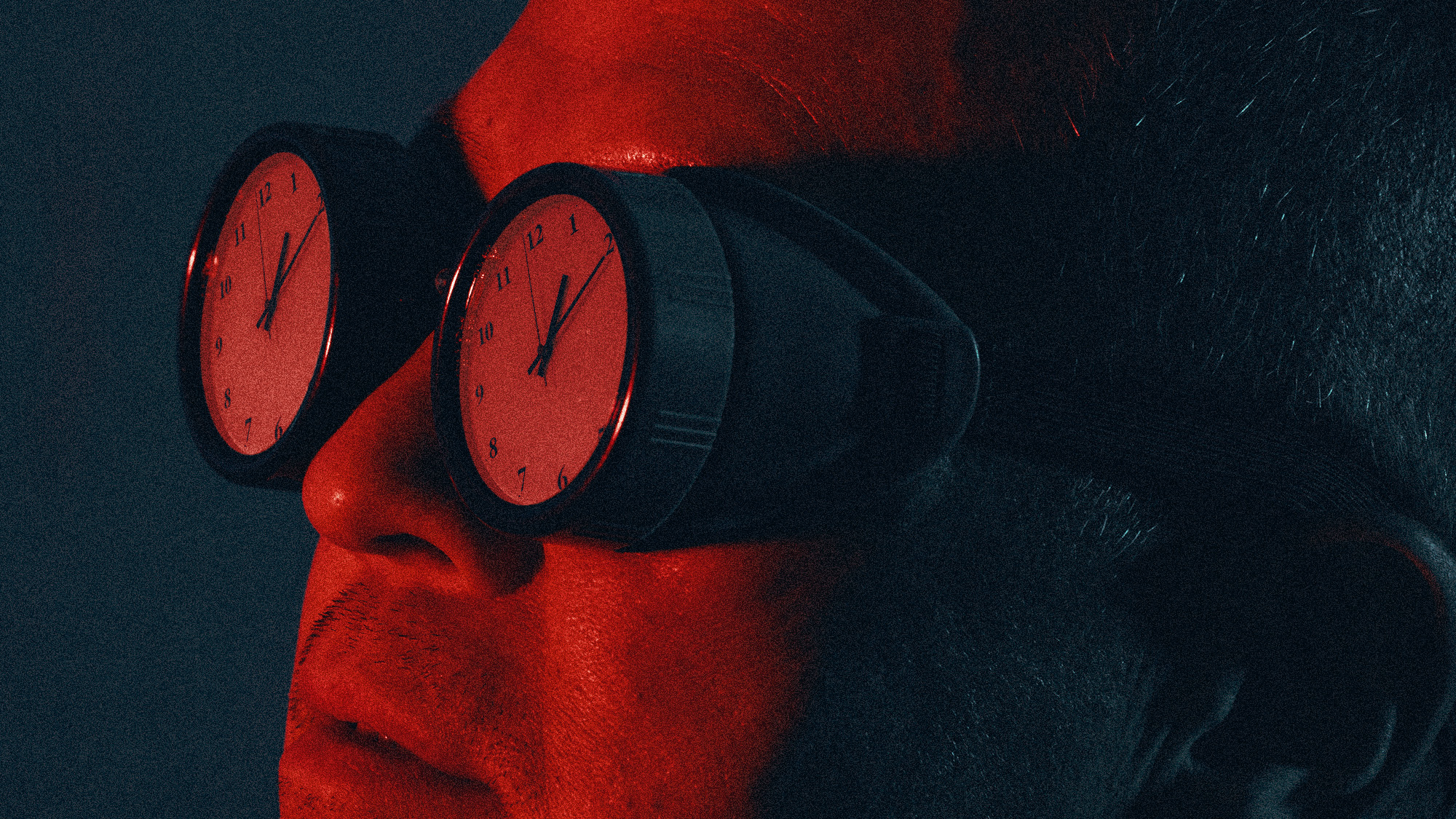 Time blindness: is being late a disorder?
Time blindness: is being late a disorder?In The Spotlight Understanding the cause of chronic tardiness can save a relationship
-
 RFK Jr. sets his sights on linking antidepressants to mass violence
RFK Jr. sets his sights on linking antidepressants to mass violenceThe Explainer The health secretary’s crusade to Make America Healthy Again has vital mental health medications on the agenda
-
 The app tackling porn addiction
The app tackling porn addictionUnder the Radar Blending behavioural science with cutting-edge technology, Quittr is part of a growing abstinence movement among men focused on self-improvement
-
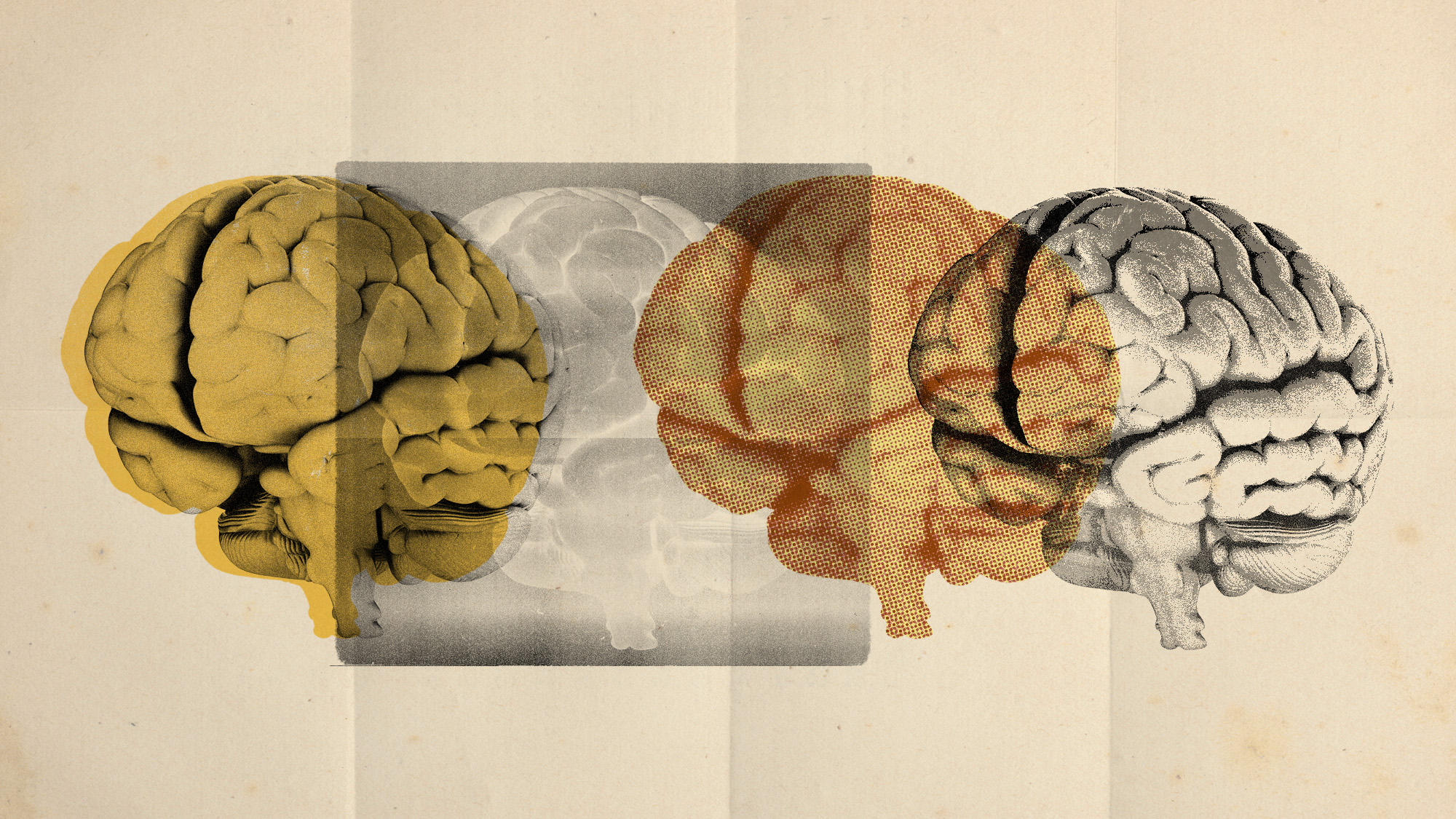 Scientists have identified 4 distinct autism subtypes
Scientists have identified 4 distinct autism subtypesUnder the radar They could lead to more accurate diagnosis and care
-
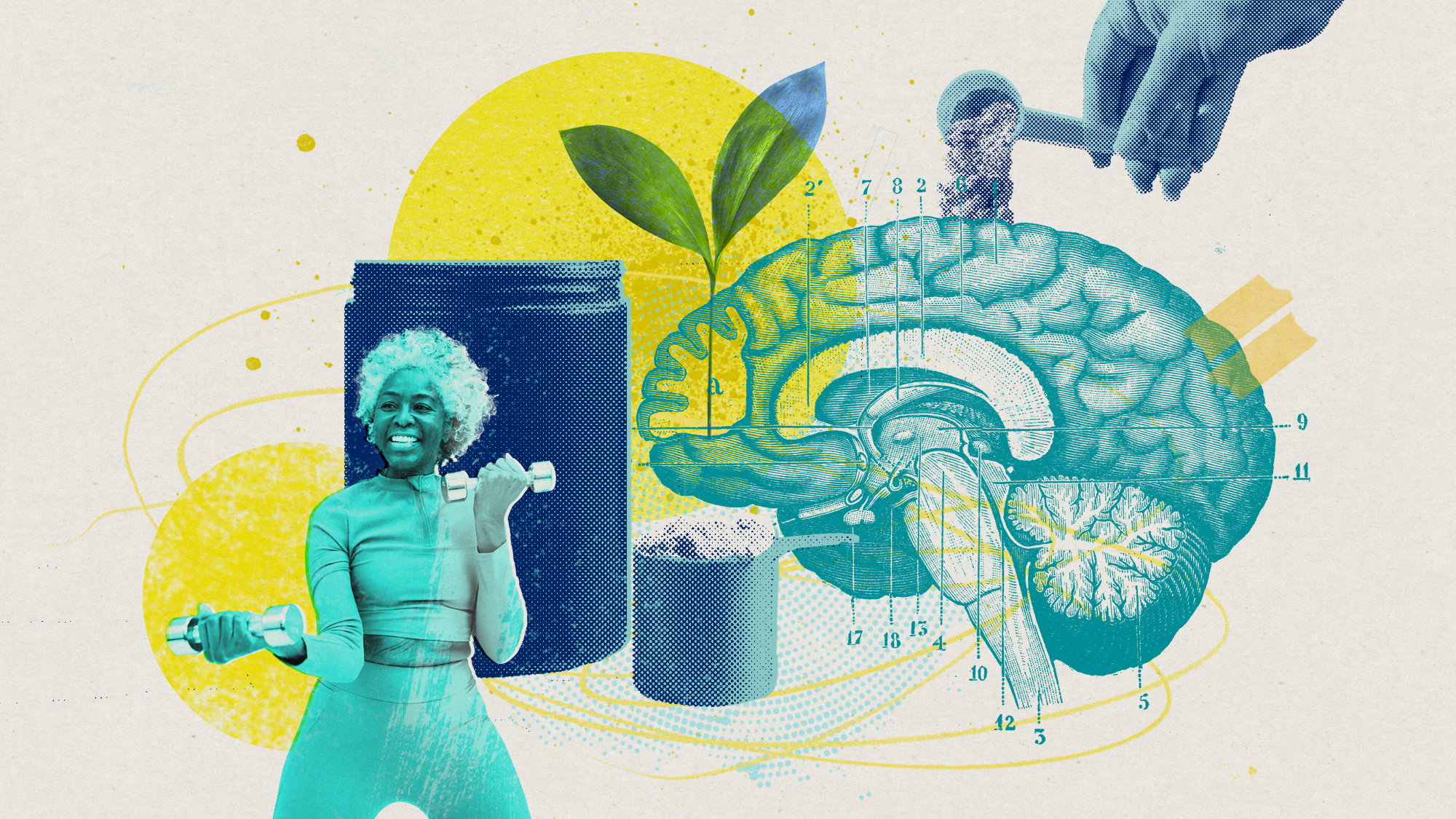 'Wonder drug': the potential health benefits of creatine
'Wonder drug': the potential health benefits of creatineThe Explainer Popular fitness supplement shows promise in easing symptoms of everything from depression to menopause and could even help prevent Alzheimer's
-
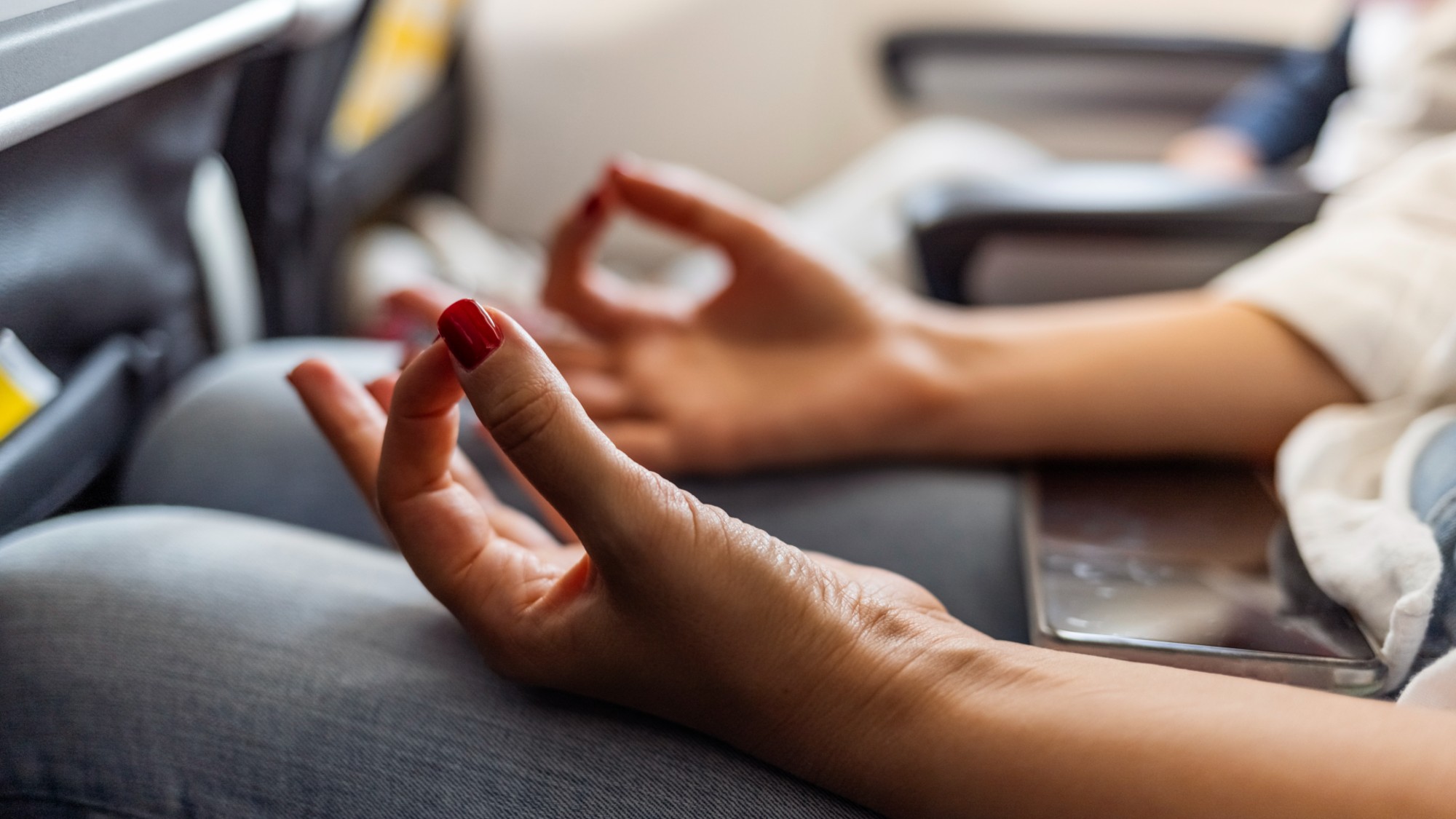 Fly like a breeze with these 5 tips to help cope with air travel anxiety
Fly like a breeze with these 5 tips to help cope with air travel anxietyThe Week Recommends You can soothe your nervousness about flying before boarding the plane
-
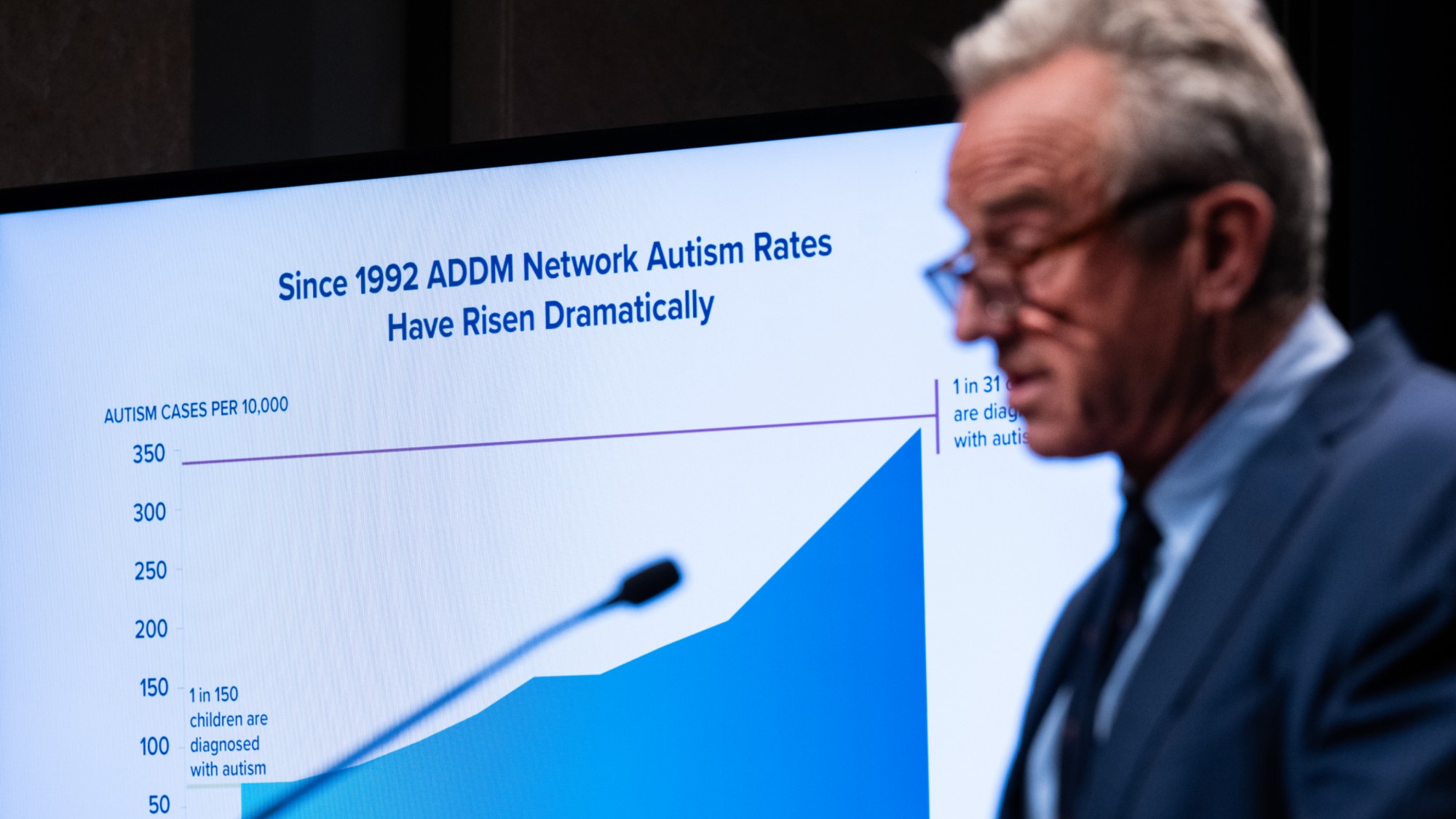 RFK Jr.'s focus on autism draws the ire of researchers
RFK Jr.'s focus on autism draws the ire of researchersIn the Spotlight Many of Kennedy's assertions have been condemned by experts and advocates